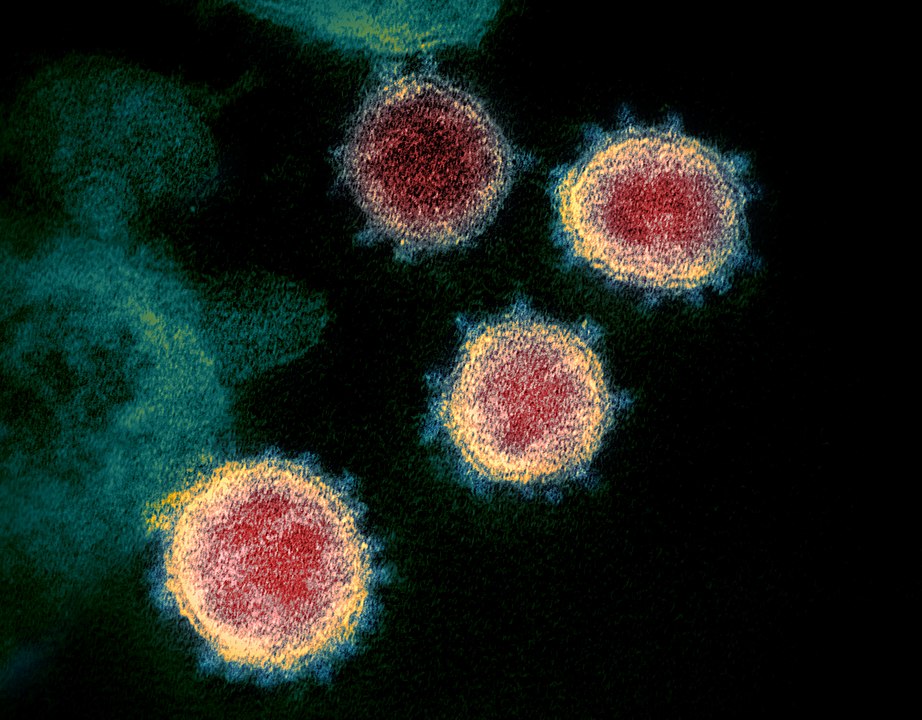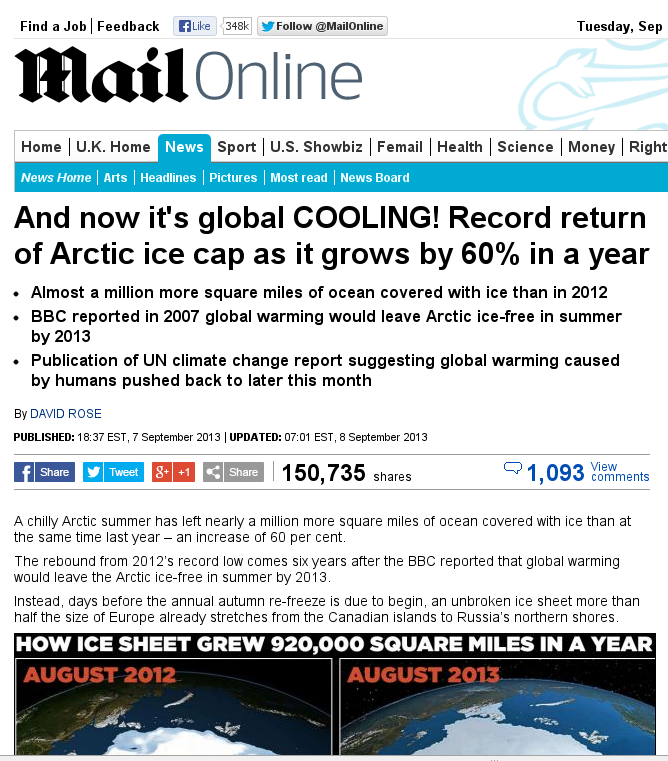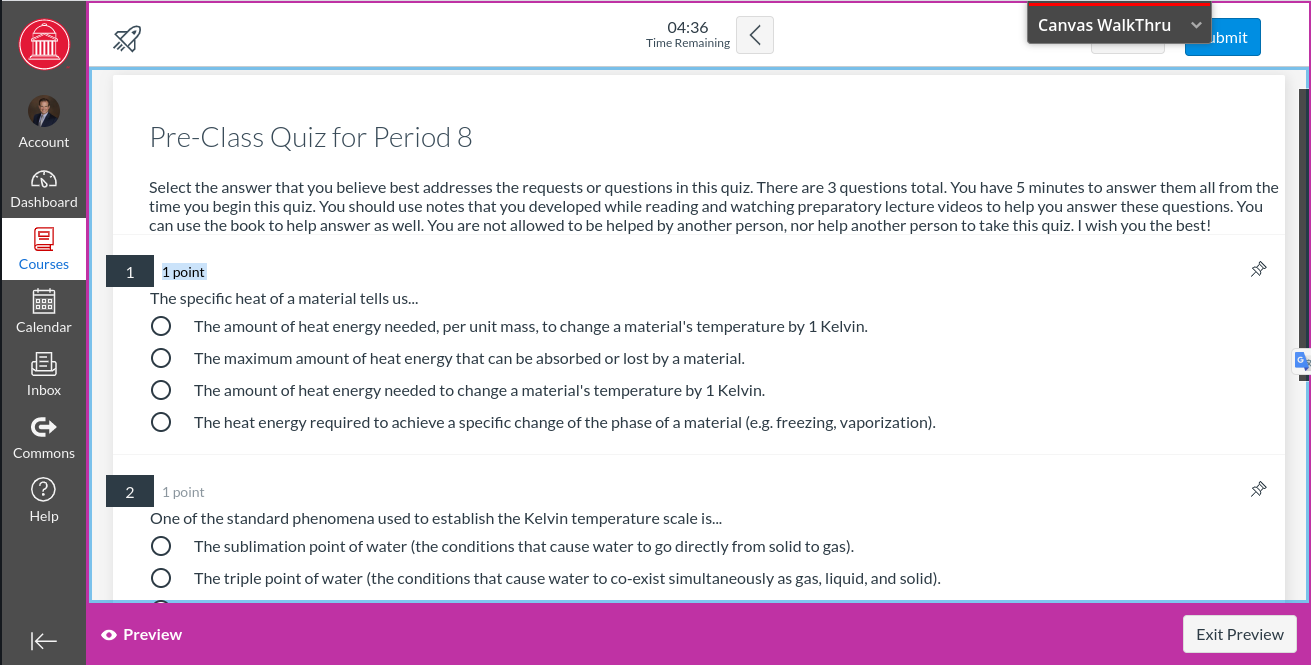I started this post as a place to collect scientific programming discussing COVID-19.
The Guardian’s Science Weekly – “Covid-19: can ibuprofen make an infection worse?” (March 26, 2020)
Nicola Davis speaks to Dr Ian Bailey about the current guidance on taking ibuprofen and other non-steroidal anti-inflammatory drugs during a Sars-CoV-2 infection. And, why there was concern about whether these medications could make symptoms of the disease worse.
Episode description from RSS feed
The Guardian’s Science Weekly – “Covid-19: how long can it survive outside the body?” (March 24, 2020)
Sarah Boseley speaks to Prof Deenan Pillay about how the virus contaminates surfaces and why headlines about how long it can survive may be misleading. And, following a number of listener questions, we find out whether or not Sars-CoV-2 can survive in a swimming pool.
Episode description from RSS feed
The BBC Science Hour – “Covid -19, are you carrying the virus?” (March 22, 2020)
In Italy the entire population of a small town was tested for Covid 19. Of those infected, one in three people with no symptoms had the virus. And from China researchers found many people carried the virus – even before authorities there began tracking its spread. The findings suggest vulnerable people may contract the virus from those without symptoms. And we’ve news of a breakthrough – new tests looking at Covid 19 antibodies, These [sic] should help provide a picture of developing immunity to the virus.
From the episode description on the podcast feed
The Guardian’s Science Weekly – “Covid-19: how effective is social distancing?”
Ian Sample speaks to Prof Deirdre Hollingsworth about social distancing. What is it? How might it help to flatten the curve? And what are some of the big unknowns when it comes to predicting how effective it might be?.
Description of the episode from the RSS feed
The Guardian’s Science Weekly – “Covid-19: why are there different fatality rates?”
Hannah Devlin speaks to Prof Paul Hunter about fatality rates; why different figures are being quoted across the media; how the rates are calculated; and is the fatality rate the only useful number to look at?
From the description in the podcast.
The Nature Podcast Extra – “Science in the Pandemic” (March 17, 2020)
In this Podcast Extra, we hear from epidemiologists, genomicists and social scientists about how they’re working to tackle the coronavirus and what they’ve learned so far.
From the episode description in the podcast data
The BBC Science Hour – “Covid -19 how infectious is it really?” (March 15, 2020)
Covid- 19 cases seem to be multiplying daily and there is now a growing body of scientific evidence both on its spread and the effectiveness of measures to try and control it. We look at what’s working, what’s not and why. And we look to the potential for coronavirus drug treatments, why despite the hype there really isn’t anything round the corner. Australia’s recent fire season was intense; a new study looks back over 500 years of the weather pattern partly responsible, the Indian Ocean Dipole. The findings show the most extreme years occurred recently – under the influence of man-made climate change. And we look at life deep below the sea floor, microbes which multiply slowly over centuries and eat their neighbours. Since the outbreak of a new strain of coronavirus late last year, health workers and governments have been rushing to limit transmission by deploying containment tactics and anti-contamination campaigns. But, as the virus spreads around the world, what are scientists doing to help our bodies fight off or resist this new infectious disease? Viruses that cause human disease can be notoriously tricky to tackle. They don’t respond to antibiotics, can spread rapidly between human hosts, and even evolve improved ways of working as they multiply. Presenter Marnie Chesterton heads to the University of Oxford’s Nuffield Department of Medicine to meet the researchers who are urgently searching for solutions. Professor Tao Dong is Director of Chinese Academy of Medical Sciences Oxford Institute, collaborating with colleagues on the ground in China to see how Chinese patients’ immune systems are responding to the virus, which could inform vaccine design. Professor Sarah Gilbert leads the Jenner Institute’s influenza vaccine and emerging pathogens programme. She’s been developing a vaccine against another strain of coronavirus that caused the Middle East Respiratory Syndrome (MERS) outbreak, and is using the same technology to generate a new vaccine against the 2019 coronavirus. And, whilst that’s being developed, there is a possibility that some existing antiviral drugs may even help infected patients – Professor Peter Horby is working with colleagues in China on clinical trials to see what might work. CrowdScience goes into the laboratories using cutting edge science to combat coronavirus.
From the Science Hour’s description of the episode on their website.
The Guardian’s Science Weekly – “Covid-19: what happens once someone is infected? Science Weekly Extra” (March 12, 2020)
Following our first Covid-19 episode last week, we received an incredible response, with so many interesting new areas to explore. One of those was what exactly happens once someone is infected with this new virus. As Nicola Davis find outs, whilst scientists are still racing to figure the exact details out, insights can be gleaned from other viral infections like influenza.
Description of the episode from the RSS feed.
The Guardian’s Science Weekly – “Covid-19: where in the body does it infect us? – Science Weekly Extra” (March 5, 2020)
As the coronavirus, or Covid-19, outbreak continues to unfold, many of us have been left with questions about exactly what we do and don’t know. Over the next few weeks, we’ll be releasing extra episodes of Science Weekly exploring some of those questions with experts on the frontline. In today’s episode, Ian Sample investigates where the virus infects us when it enters our bodies, and what difference this makes to disease severity and transmissibility.
Description of the episode from the RSS feed.




